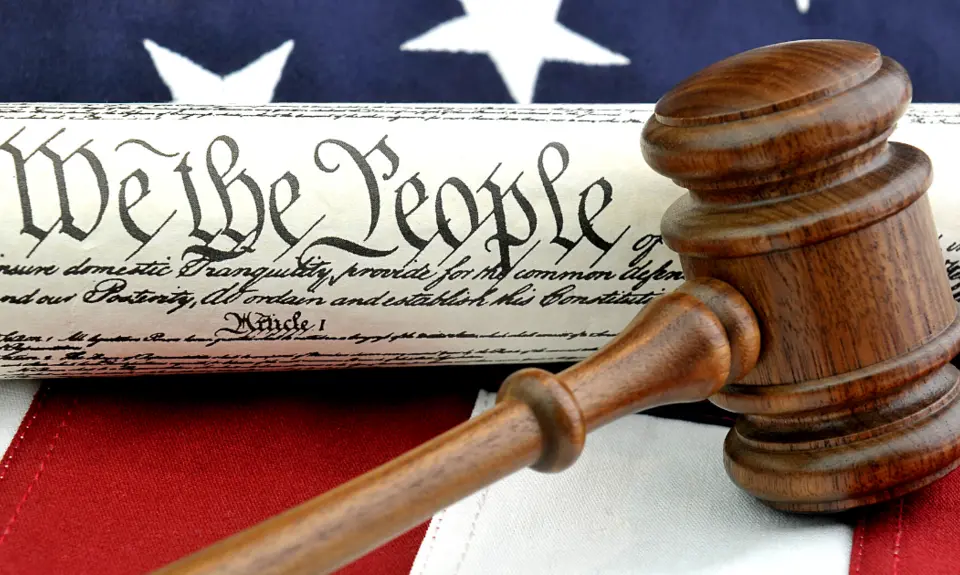Biden appellate judges in different parts of the country issued important rulings that upheld a federal gun safety law concerning possession of firearms by people convicted of felonies that was challenged under the Second Amendment. These included Judge Toby Heytens of the Fourth Circuit,, which includes Virginia, Maryland, West Virginia, and North and South Carolina, whowrote the December 2024 decision in US v Hunt, and Judge Rachel Bloomekatz of the Sixth Circuit, which includes Michigan, Ohio, Kentucky, and Tennessee. Bloomekatz wrote the December 2024 ruling in US v Morton. .
What happened in the Fourth Circuit case and why is the decision by Judge Heytens important?
Matthew Hunt challenged under the Second Amendment his federal conviction for possession of a firearm as someone convicted of a felony, claiming that at least as applied to him, the Supreme Court’s decision in the Bruen case makes the federal law unconstitutional. In a unanimous decision by Judge Heytens, a panel of the Fourth Circuit rejected the claims and upheld the law, both on its face and as applied to Hunt.
Judge Heytens noted that a different Fourth Circuit panel had already upheld the felon-in-possession law on its face after Bruen. He also wrote that previous Fourth Circuit precedent rejecting as-applied challenges remained good law after Bruen. In addition, he explained, even putting aside the court’s previous precedent, “Hunt’s challenge would still fail.” This was because other precedent and history establish, he continued, both that the possession of firearms by felons falls outside the scope of the Second Amendment and that there is “ample support” in the historical record for the “categorical disarmament” by Congress of people convicted of a felony, regardless of whether the felony was violent.
Jodge Heytens’ opinion is obviously important to Matthew Hunt and all those who may be endangered by the possession of firearms by him and other felons.nt It is also significant to the ability of Congress to ban possession of firearms by those convicted of felonies. The ruling will likely also prove useful in other cases challenging gun safety laws, especially in the Fourth Circuit. In addition, it serves as a reminder of the importance of confirming fair-minded judges to our federal courts.
What happened in the Sixth Circuit case and why is the decision by Judge Bloomekatz important?
In Kentucky, Jaylen Morton also challenged his conviction under the federal law banning possession of firearms by people convicted of felonies. He claimed that under Bruen, the law was unconstitutional as applied to him because he maintained that his prior convictions were for nonviolent crimes. The district court disagreed and rejected his assertions, and he appealed to the Sixth Circuit.
Judge Bloomekatz’s unanimous opinion agreed with the lower court, rejected Morton’s challenge, and upheld the law as applied to him. She noted that the Supreme Court had not yet made clear whether “dangerousness” must be proven to deny firearms to someone convicted of a felony. Even if that requirement applies, she explained that Morton’s entire criminal record, which can be examined in a case like this one, “demonstrates dangerousness.” That record included, for example, a previous conviction for “wanton endangerment” after he “shot at his ex-girlfriend and her family.” The federal law prohibiting possession of firearms by someone convicted of a felony, she concluded, is thus “constitutional as applied to him.”
Judge Bloomekayz’s opinion is clearly important to Jaylen Morton and all those who may be endangered by the possession of firearms by him and other felons. The ruling is also likely to be useful in other cases concerning the federal law banning possession of firearms by those convicted of felonies. In addition, it serves as a reminder of the importance of confirming fair-minded judges to our federal courts.
